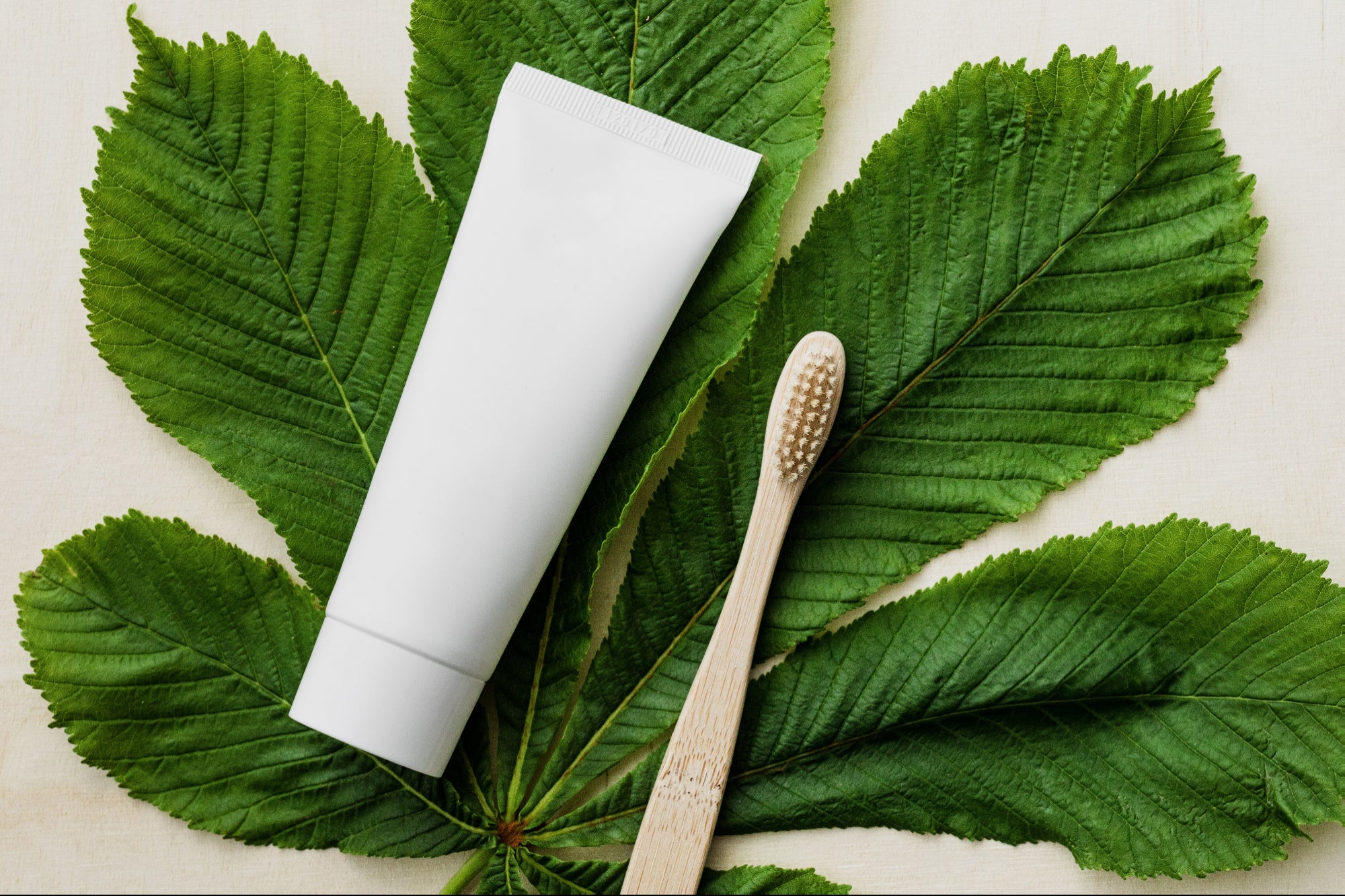Trends Shaping the Future Of the Personal Grooming Industry In India The Indian beauty and personal care market is the 8th largest in the world with a total value of $15 billion and is growing at around 10 per cent
By Sanket Shah
Opinions expressed by Entrepreneur contributors are their own.
You're reading Entrepreneur India, an international franchise of Entrepreneur Media.

In recent years, the beauty and grooming sector has seen a drastic change in the way people practice personal care. From simply cleansing the face to grooming the entire body, the personal grooming sector has come a long way.
The Indian beauty and personal care (BPC) market is the 8th largest in the world with a total value of $15 billion and is growing at around 10 per cent, as reported by a Euromonitor International Study.
Growth in online awareness, disposable income, shift to organic products, and changing consumer preference are continually boosting the development in the sector. Following are some of the trends that are shaping and brining more value to the personal grooming industry:
The influx of technology fueled by the COVID-19 crisis
It is well-known that cutting-edge technologies such as artificial intelligence, virtual reality, augmented reality, IoT, and many more are thriving in the fashion and beauty industry in the last few years. Multiple grooming brands are partnering with tech companies that are focused on AI beauty tech with artificial intelligence, augmented reality, and virtual reality for an immersive experience that allow for increased personalization and customization. These technologies add a rich layer of interaction to both online and offline shopping. The new-age brands are immersing themselves with their innovative technologies, older brands, too, are re-inventing themselves to cope with the changing times doing a commendable job in revolutionizing the beauty industry by emphasizing on the product development process and investing heavily in advancing the core technology to give the best service to their customers. As more brands focus on these technologies, the sector will improve for both consumers and businesses.
Growing awareness around male grooming
The male grooming market is growing in cities and towns where dwelling men and young boys belong to Gen Z and millennial categories. With the awareness and zeal in the air, more and more people are shedding their hesitation and accepting beauty, skin care, and personal grooming regime with open arms. According to the latest ASSOCHAM report, India's male grooming industry is set to grow at an annual growth rate of about 45 per cent.
While Indian men are known for their rough and tough personality, skincare and personal grooming have become as important for men, as it is for women. this trend is fueled by the rapid pace of innovation from brands particularly outside the core shaving segments, in categories such as skincare, haircare, and facial hair management. India's men grooming industry is at an inflection point right now. With the increasing penetration of online lifestyle publications and social media, Indian men are now aware of national as well as global brands to make a conscious and calculated choice, about the products they buy. This has made it an exciting time for companies to be a player in the men's grooming industry, because it's only going to show an upward trend
Safety and hygiene is coming to the forefront
With hygiene basics being market staples and renewed focus on hygiene due to COVID-19, antimicrobial claims are ones to watch as people's wariness of germs and viruses increases. Recently, The National Medical Commission (NMC) has issued guidelines on aesthetic procedures and warned that watching videos on YouTube or other platforms is not adequate for training to perform aesthetic procedures such as hair transplantation. This is testimony to the fact that the art of grooming and personal care has evolved in the true sense and with the government of India undertaking such initiatives to spread awareness around the importance of safer solutions and the consumers desire for new, better and safer products, delivered by dynamic and responsible companies will fuel the growth of the sector and pave its way for continuous innovation in different areas across the industry.
A shift towards natural and organic products
In the recent times, a significant customer base is refraining from using cosmetics or healthcare products that contain parabens and sulfates. Instead, there is a growing demand for beauty products that are naturally sourced, sustainable, eco-friendly, and contain plant-based ingredients. New-age consumers, especially Gen-Z, are increasingly replacing chemical-laden products with those that contain more natural ingredients that impart medicinal benefits. While it may take a while for some companies to catch up, in general, there's no doubt that moving to more natural products is positive shift for the personal care industry.
According to a 2022 Assocham report, the market size of India's beauty, cosmetic and grooming market will reach $20 billion by 2025 from the current $6.5 billion on the back of a rise in middle-class disposable incomes and the growing aspirations of people to live the good life and look good. As the industry has come a long way from its older avatar and the new generation is more aware and conscious - not just to look good but feel good, this change is to prevail for good.











